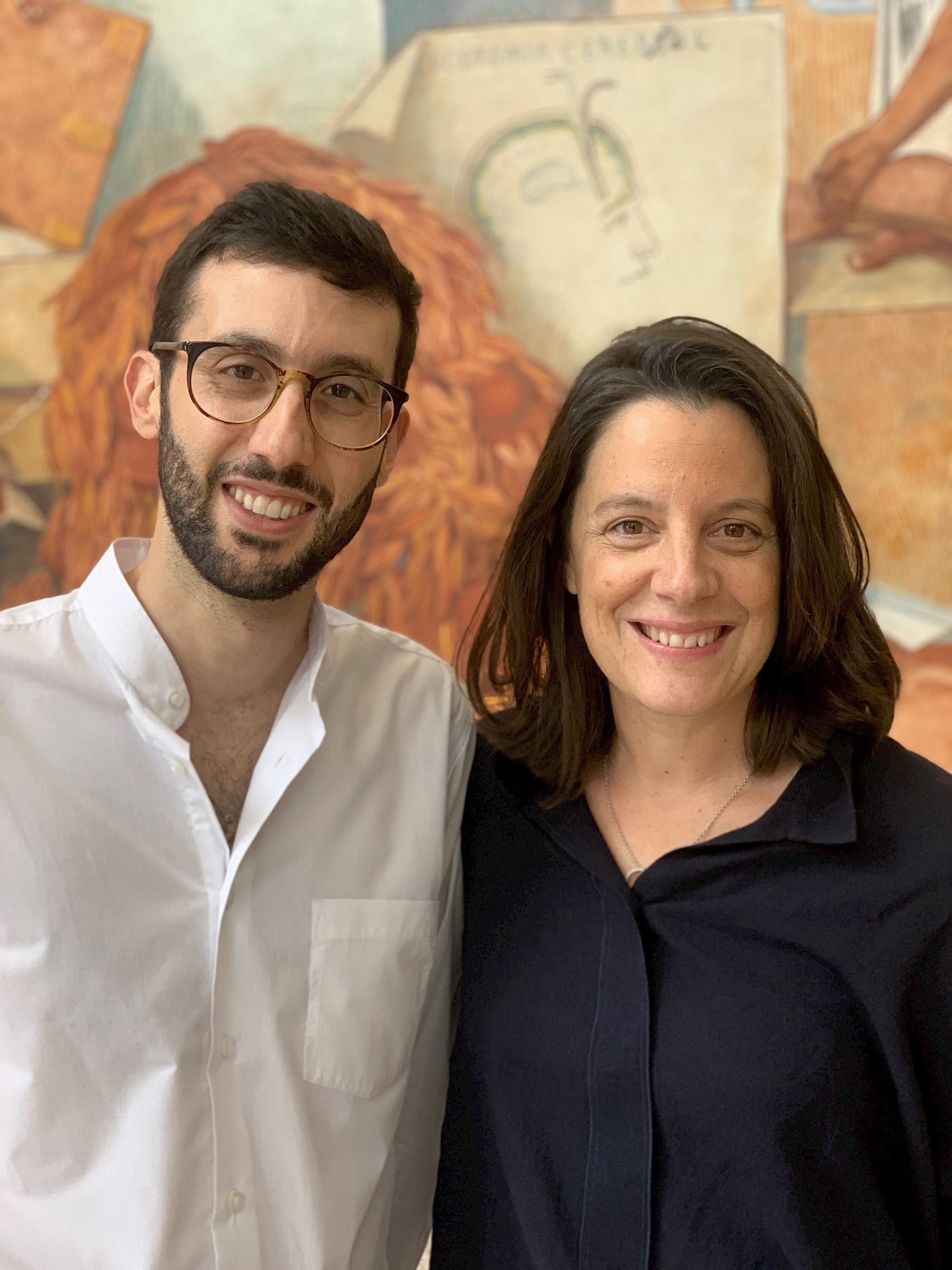Intervention to reduce symptom burden in patients with palliative care needs shows promising results
The intervention, which aimed to provide palliative care training for general practitioners and implement a new primary care consultation model for adults with palliative care needs, has significantly reduced the physical and emotional symptom burden of patients receiving palliative care.
The study involved 9 physicians and 53 adults with cancer, chronic obstructive pulmonary disease, congestive heart failure, or advanced chronic kidney disease.
© Thirdman, Pexels
A research team led by the University of Coimbra (UC) has developed a clinical intervention focused on palliative care training for general practitioners (GPs) and the implementation of a new primary care consultation model for adults with palliative care needs. The pilot study intervention has shown promising results, particularly in reducing the physical and emotional symptom burden of patients receiving palliative care.
"Our intervention shows very positive outcomes, with a substantial improvement in symptom burden beyond the typical results observed in palliative care interventions”, explains Carlos Seiça Cardoso, a professor at the Faculty of Medicine of the University of Coimbra (FMUC) and family physician. One of the most relevant results was the reduction in both physical and emotional symptoms, such as pain and anxiety.
The pilot study employed a methodology to assess patient-reported outcomes before and after the intervention. The protocol included training GPs and conducting consultations with their patients to evaluate physical symptoms (such as pain, asthenia, or constipation), emotional symptoms (such as anxiety or depressed mood), and practical and communication issues. The study involved nine doctors and 53 adult patients with medical conditions like neoplasia, chronic obstructive pulmonary disease, congestive heart failure, or advanced chronic kidney disease.
The GPs taking part in the pilot study implemented the new consultation model over a 12-week period, with one appointment every three weeks. The new consultation model aims to "adapt the clinical record organisation model used by all general practitioners/family physicians in Portugal (problem-oriented clinical record, commonly known as ‘SOAP’), taking into account the time available for a consultation," explains Carlos Seiça Cardoso, "by introducing new features in line with best practices in palliative care, as defined in the literature, including the identification and assessment of vulnerabilities, the use of a symptom burden assessment tool, and an early approach to the main symptoms reported by patients”.
“This model has allowed us to assess the feasibility of implementing this type of consultation in the daily practice of family physicians," says Carlos Seiça Cardoso, pointing out that "The study shows that primary health care, particularly the follow-up offered by GPs in health centres, might be the ideal setting for the care of patients with palliative care needs”.
"The intervention tested is not only feasible and promising, but also in line with the World Health Organization recommendations, and makes even more sense in light of the ongoing restructuring of our National Health Service into Local Health Units. The lead author of the study also stresses the importance of "evaluating the effectiveness and cost-effectiveness of the tested intervention in the future, which could eventually be replicated in other primary health care contexts similar to this pilot study".
Palliative care takes a holistic approach to people facing serious illness, focusing on improving their quality of life and that of their families. According to Cardoso, "Patients with more complex conditions need specialised care provided by palliative care specialists. At the same time, however, there is a need for a more universal approach, provided by all health professionals, for patients with less complex needs, in order to broaden access to palliative care, which is often limited to highly complex cases”.
The study was led by Bárbara Gomes, a researcher at the UC Faculty of Medicine, and Filipe Prazeres, professor at the University of Beira Interior. The findings are detailed in the scientific paper ‘Feasibility and effectiveness of a two-tiered intervention involving training and a new consultation model for patients with palliative care needs in primary care: a before-after study’, published in ‘Palliative Medicine’, a top-tier scientific journal with the highest impact in the field of palliative care worldwide. Available here.

